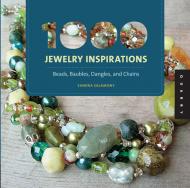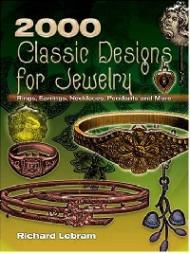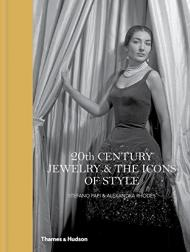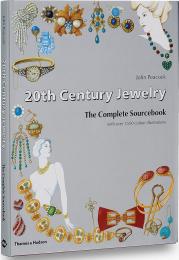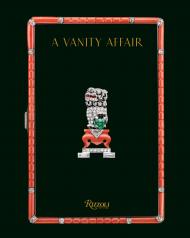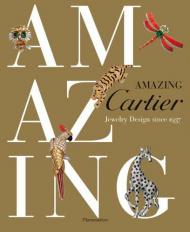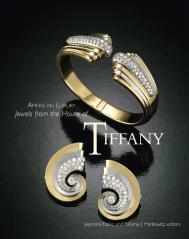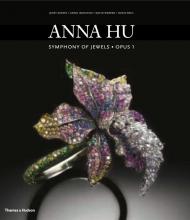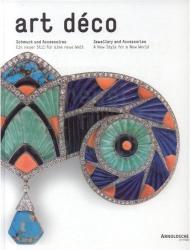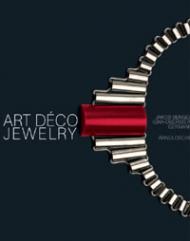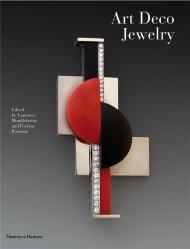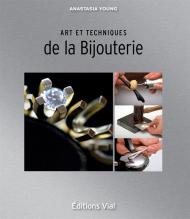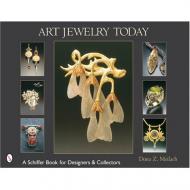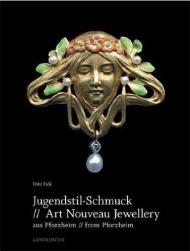A visual catalog for jewelry, bead artists, and crafters for hundreds of ideas at their fingertips to inspire their own projects.
1,000 Jewelry Inspirations is a stunning showcase of contemporary jewelry pieces that will feed the creative appetites of crafters and jewelry makers everywhere. Become inspired by this feast of color, sparkle, texture, dimension, and clever, creative use of materials. From simple and elegant to beautiful and elaborate “bling”styles, over 1,000 full-color images will be at your fingertips to inspire your own creative projects. An exploration of jewelry-making techniques will help even inexperienced jewelry makers on their way to making beautiful jewelry.
What you’ll find:
Beads and Baubles
Paper and Mixed Media
Polymer and Precious Metal Clay
Vintage and Repurposed
Fibers and Fabric
Wire and Metal
Издательства
- Rizzoli (21)
- Thames & Hudson (16)
- Flammarion (9)
- ACC Art Books (8)
- Promopress (3)
- Hoaki (2)
- Ryland Peters & Small / CICO books (2)
- Skira (2)
- Yale University Press (2)
- Phaidon (2)
